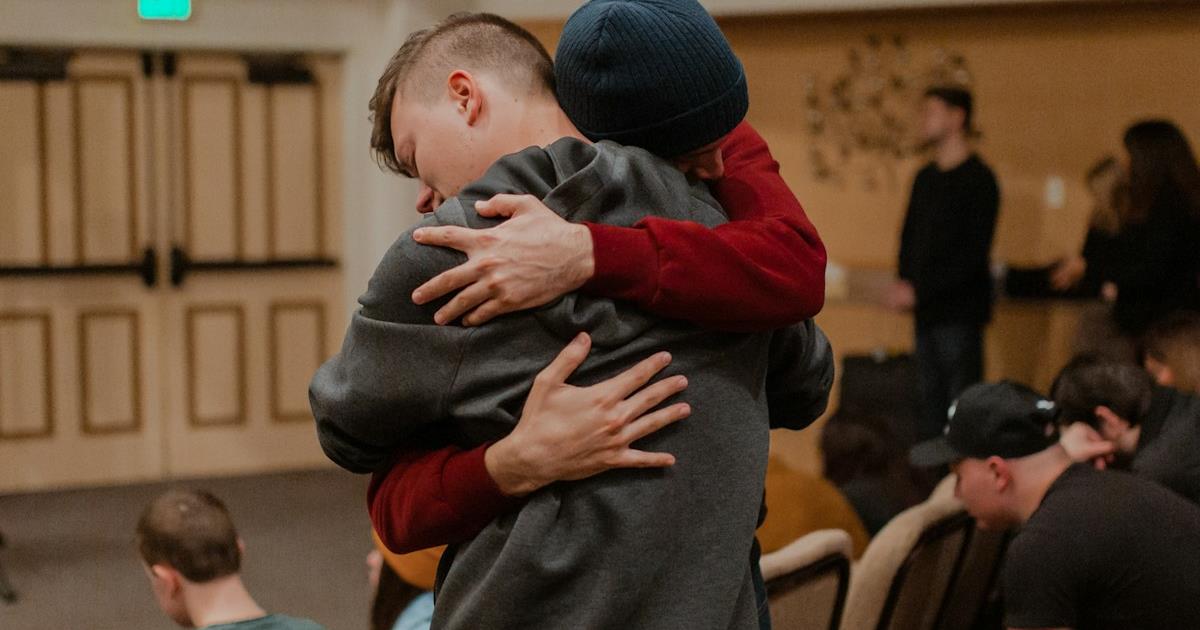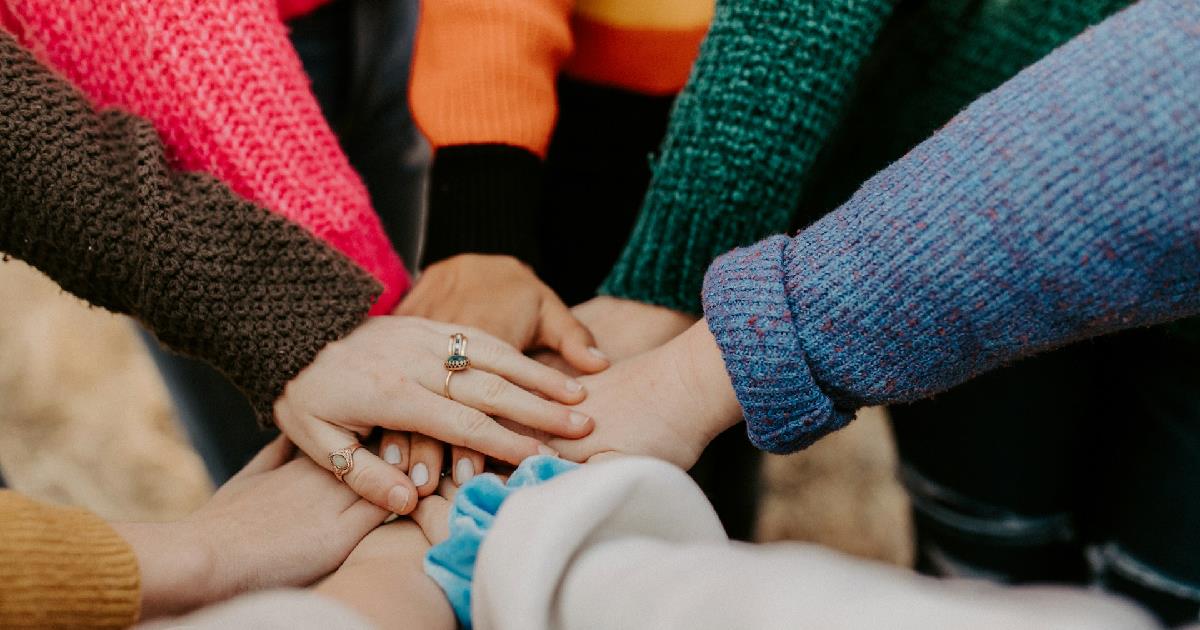
Selecting an outpatient program for yourself or a loved one can be a challenge, especially when the differences between a standard outpatient program (OP) and intensive outpatient program (IOP) are not clear.
An IOP is a highly structured treatment program that addresses substance use, mental health problems and relapse prevention. It provides a higher level of care than a standard outpatient program but requires less of a time commitment than a partial hospitalization program (PHP).
Recovery Cove is dedicated to providing the highest levels of care for individuals experiencing mental health or substance use problems. Our IOP in Lehigh Valley is highly structured but allows individuals to return home at the end of the day to be with their families. Some people even attend school or work while participating in this program.
Let’s break down what an IOP looks like at Recovery Cove and what you can expect from this program.
Understanding an Intensive Outpatient Program
An IOP is conducted in an outpatient setting, just as a standard outpatient program is. Here at Recovery Cove, our program runs Monday to Friday 9am-12pm and three evening programs a week from 5:30-8:30pm. This leaves time for individuals in recovery to work, attend school or help out at home while still receiving structured care throughout the week. Since the program starts at 9am, it also encourages individuals to maintain a consistent schedule and get restful sleep at night.
Some clients participate in our partial hospitalization program and then step down to IOP, while others start with this program. IOPs can be especially beneficial for those who have relapsed and those with mild or emerging addictions.

The treatment services provided in IOP are almost identical to an inpatient program, and treatment outcomes are the same as well. This means that you can receive highly personalized and comprehensive care in an IOP while having the freedom and flexibility to live at home or in sober housing outside of treatment hours. Once you have completed IOP, you can step down to a standard outpatient program, which offers even more flexibility.
How IOPs are Structured
Even though IOPs run Monday to Friday, they are still considered part-time programs. They do not provide detox, but they can refer you to a local detox program, if needed. Once detox is complete, you are able to start an IOP schedule. Just as with other programs, you will receive a personalized schedule that is tailored to your needs, challenges, strengths and goals. This plan will also identify the benchmarks you're supposed to meet during your time in treatment.
Treatment plans are not set in stone and can be adjusted based on your progress. We never want anyone to feel that they are not doing well in the program because they didn’t meet a specific goal. Sometimes, there are other things that need to be worked on first that weren’t apparent at the start of treatment.
While there is no set timeline for completion, most of our clients spend about 3 to 4 months in our IOP. They typically start with more individual therapy on the front end of treatment and more group therapy later on. This is an expected progression, as people need less individual counseling once they better understand their addiction and develop healthier ways to cope.
Aside from individual and group therapy, you can also expect to learn new coping skills, participate in complementary therapies like art therapy or yoga and engage in family-based interventions. Individuals who do best in our IOP are those who are motivated to change and are willing to put in the work to maintain sobriety.
Who are the Best Candidates for IOP in Lehigh Valley?
IOPs treat individuals experiencing mental health or substance use disorders, but that doesn’t mean they are the right fit for everyone in recovery. You can enter an IOP as a step up or step down from your level of care. In either case, these programs are best suited for individuals who have:
- Been diagnosed with a substance use and/or mental health disorder and need more structure than outpatient treatment but less care than inpatient treatment
- The desire to learn new coping skills and strategies, as well as apply them in real-world situations
- A strong support system with friends, family and others who support their recovery
- The motivation to attend all of their therapy sessions and work hard at recovery
- A strong desire for change and an eagerness to complete their goals
- Achieved a level of stability that allows them to return to some of their daily activities, such as work or school
What Happens During an IOP?
As we discussed earlier, an IOP provides most of the same services as an inpatient program. You will spend time in therapy—cognitive behavioral therapy and contingency management are popular options—as well as have access to alternative therapies like yoga and meditation. The goal is to help you on the path to recovery by giving you a safe space to learn new skills, apply them in real life and gain support and motivation from licensed professionals and peers.
Her are some of the therapies and interventions included in our IOP:
- Individual and group therapy
- Behavioral therapies (CBT, DBT)
- Trauma therapies (EMDR)
- Psychoeducation
- Medication (if necessary)
- Family services
- Wellness programs
- Reintegration into the workplace
- Social skills therapy
Getting Started with Our IOP in Lehigh Valley
When you contact Recovery Cove, you will be given a free, confidential consultation. This is a great opportunity to ask questions, learn about our services and determine if you or a loved one is the right fit for this program. We have a full continuum of outpatient care that includes PHP, IOP and OP. If it turns out that you need a higher or lower level of care, we can accommodate your needs. To learn more about our intensive outpatient program and how it can support your journey to a better life, contact Recovery Cove today at 484-549-COVE.








